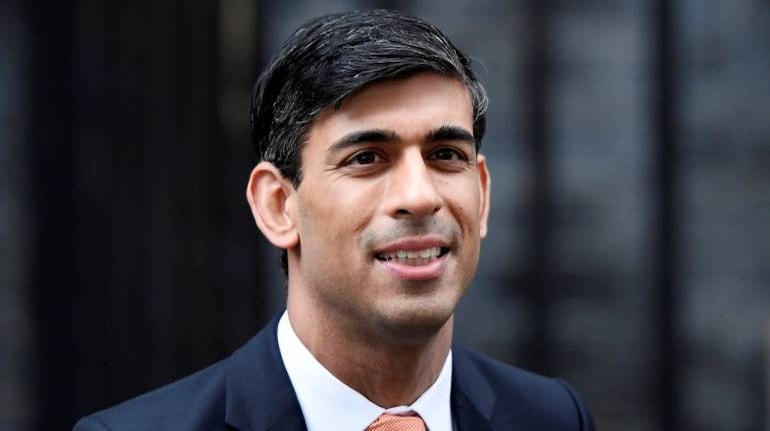



A sense of normality is creeping back into UK politics after Rishi Sunak’s nomination by the Conservative Party as the next prime minister. But the enormity of the financial task ahead has not diminished.
What the government does next on the fiscal front will determine how much higher the Bank of England feels it has to push interest rates — and how much economic pain businesses and consumers face this coming winter.
Sunak’s appointment has been welcomed by financial markets as promising political stability, after Liz Truss’s disastrous dash for growth via unfunded tax cuts trashed the pound and sent government bond yields soaring in the past month. Sterling is about 10% stronger versus the dollar than the record low reached on Sept. 26, while gilt yields have calmed down from the elevated levels that sent pension funds into a tizzy.
At the height of the recent crisis, bond investors were set to charge the UK as much as £20 billion extra in annual interest costs. Yields may still be more than double where they started this year, but Britain no longer looks like a market pariah relative to its US and European peers.
Importantly, with the government no longer playing fast and lose with fiscal policy, traders have scaled back their expectations for how much tightening the UK central bank will feel is needed. BOE Deputy Governor Ben Broadbent’s comments last week about “whether official interest rates have to rise by quite as much as currently priced in financial markets” helped damp speculation about the peak for rates, reinforced by his analysis that a a 5% benchmark rate could wipe as much as 5% off gross domestic product. His Monetary Policy Committee colleague Catherine Mann backed up his remarks at the weekend, saying that "the curve was perhaps too aggressively priced.” Next week’s BOE meeting is now expected to introduce a 75 basis-point increase that will take the official rate to 3%.
The recent turmoil has undermined the UK economy. Figures published Monday showed the S&P Global composite survey of UK purchasing managers for October declined to 47.2, further beneath the 50 level that signals contraction. There’s worse ahead, with an index of new orders for manufacturers plunging to 38.6. Bloomberg Economics expects 1.5% to be knocked off UK annual GDP due to the aftershocks of six weeks of Trussonomics, and for the economy next year to contract by 1.4%.
Moreover, there is still a yawning gap of about £30 billion ($34 billion) in the government's economic plans that the Office for Budget Responsibility will want to see closed. The government’s budget statement, scheduled to be delivered on Oct. 31 by current Chancellor of the Exchequer Jeremy Hunt, needs to reinforce the government’s fiscal rectitude. And in the coming months, the Sunak administration has to flesh out what will replace the blanket energy-price cap that Truss introduced and is now scheduled to expire in April.
Sunak showed some ingenuity when he was chancellor, with both his pandemic job furlough scheme and his post-lockdown support for restaurants. That creativity, along with both steely resolve and more than a dash of luck, will be essential to repair the self-harm the UK has undergone in the past month.
Discover the latest Business News, Sensex, and Nifty updates. Obtain Personal Finance insights, tax queries, and expert opinions on Moneycontrol or download the Moneycontrol App to stay updated!
Find the best of Al News in one place, specially curated for you every weekend.
Stay on top of the latest tech trends and biggest startup news.